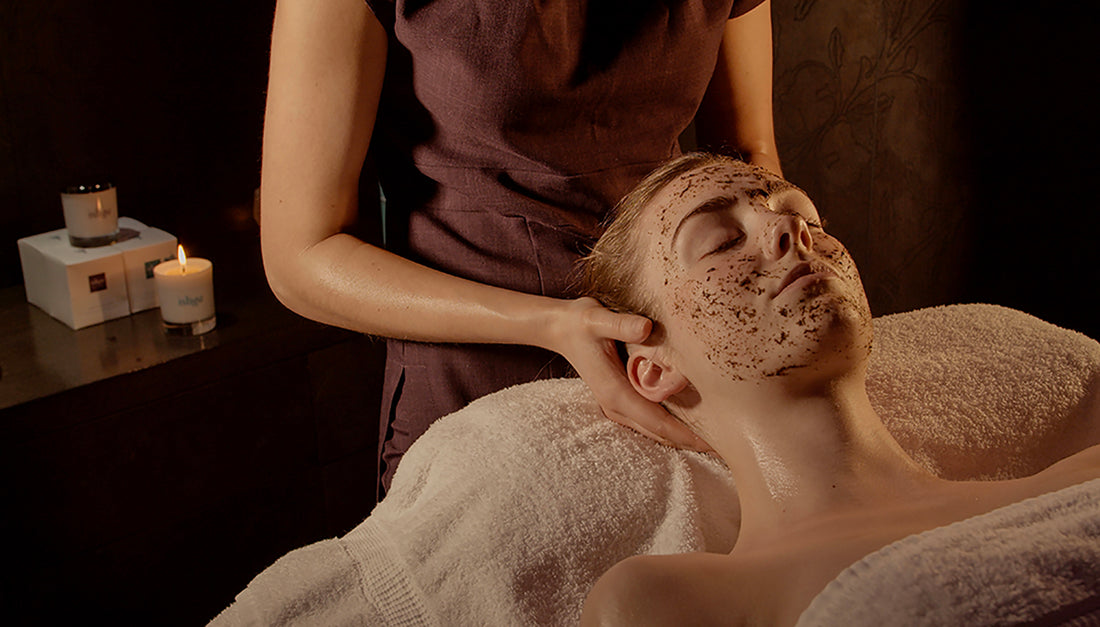
The effect of stress on the skin
Share
We’re taking a look at the effects stress can have on your skin so you can identify it, and how to best combat these effects to restore your natural glow.
Let’s start with the basics – what exactly is stress?
It’s perfectly normal to feel stressed from time to time. The feeling of stress is caused by our bodies ‘fight or flight’ hormones and how each person reacts is very much down the individual.
When you start to feel overwhelmed, your body will start to release ‘stress hormones’. Some of the stress hormones are cortisol, adrenaline, vasopressin and somatotrophin (also known as the growth hormone). These hormones have a variety of functions such as increasing your heart rate and limiting certain metabolic processes which are not deemed as immediately necessary, such as digestion. The stress hormones are not necessarily bad, they are your bodies instinctual response to help us get through ‘stressful’ situations.
How is skin affected by stress?
The effect stress has on the skin will look different for everyone, and some people may be lucky enough to not have any of these at all! Here are some stress-related skin problems to look out for.
Dry skin
You skin is made up of layers, and the outer layer of your skin is called the epidermis, which plays an important role in keeping your skin hydrated. Stress can affect the water retention abilities of this layer, and when it's not working to its full potential your skin can become dry and start to feel itchy.
Acne
As your body produces more cortisol during a stressful period, it causes your brain to release a hormone called corticotrophin-releasing hormone (CRH). This has been found to stimulate an overproduction of oil in the skin which can then clog pores, leading to acne.
Under eye bags
If you are feeling very stressed, it is likely that you are not getting quality sleep at night. Sleep deprivation can increase the signs of ageing such as wrinkles, bags under the eyes and reduced skin elasticity.
Redness or rash
Stress can sometimes affect your immune system. When the immune system is weakened this can cause imbalances that may lead to you experiencing irritation or rashes on your skin.
Wrinkles
When your body is releasing high amounts of cortisol, this can breakdown the collagen and elastin found in your skin at a faster rate than usual. Collagen and elastin are what help to give skin its plumpness, and this loss of elasticity can lead to lines appearing.
Tips to reduce the impact of stress on our skin
Here are some of our favourite ways to reduce the impact of stress and find some relaxation!
- Get outdoors – Taking time out to be in nature will help to clear your mind and reduce your stress levels. Your skin will thank you for a dose of fresh air.
- Schedule in some self-care – Create your own spa at home, carve out time to yourself so you can relax and restore your mind.
- Stay active – You don’t have to be running marathons to feel the benefits of staying active, a brisk daily 10-minute walk can lift your mood and help you feel energised.
- Talk to someone – Whether it’s a family member, friend or colleague, speaking to someone can help deal with the stress.
- Meditate – Meditating can be a great way to try and manage any stress you are experiencing.




